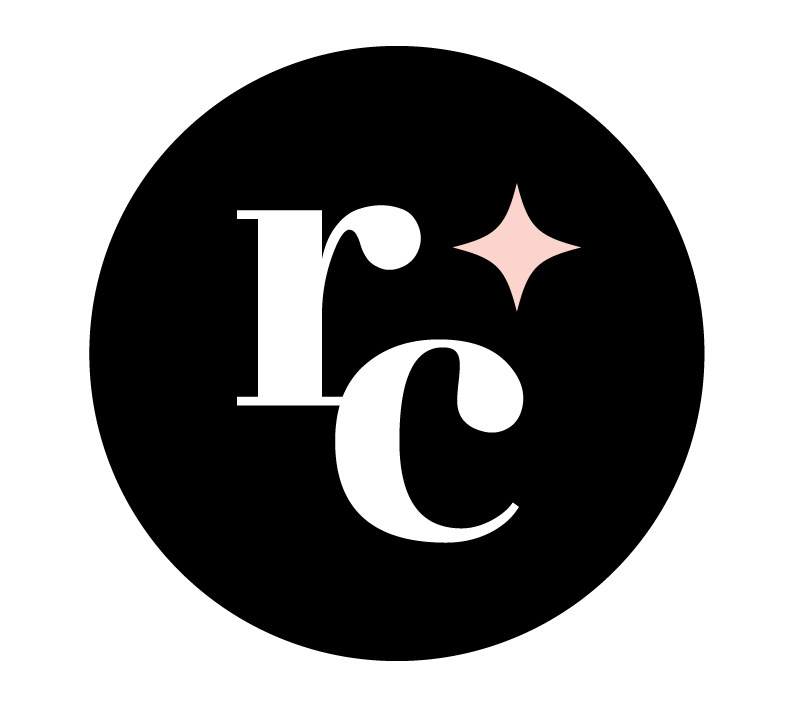Can a weakness be a strength?
Imperfections are powerful differentiators when it comes to crafting your story
A central element of creating a personal brand is identifying what it is which allows you to offer something in a way no one else can. Defining “your story” can be a painstaking task. It’s challenging to take an objective perspective of your own “journey”. It’s also never quite finished, evolving as you, your life and career unfold.
It can be liberating when what you might have considered a weakness - something which makes your trajectory less than ideal - turns out to be something to be amplified as a distinguishing feature.
I asked four entrepreneurs which characteristics or aspects of their pasts they had once seen as a weakness, but now proudly claimed as a defining element of their story and how they do business. Here’s what they shared.
Photo credit: Thought Catalog on Unsplash
Shyness leads to empathy
Annie Ridout, an author, journalist and editor of digital parenting platform The Early Hour said, “As a child, I was embarrassed by my shyness but, I’ve come to see this perceived fault as what made me ‘me’”.
“Being quiet taught me to listen. I learned that asking questions deflected the attention away from me. It taught me empathy, as I was more aware of people’s pain than someone loud and more theatrical might have been. I was spending my time observing others.”
A less than ideal work experience can offer transferable skills
“I used to work in recruitment and was almost ashamed” says Lara Sheldrake, founder of Found & Flourish, an online membership, media and events platform for women in business.
“I was good at it, but disliked the industry. It turns out, that experience is what enabled me to ‘matchmake’ people, network and build what is now an incredibly engaged community of women in business.”
Kindness: a powerful business-building trait
Lara also shared, “I felt my kindness was a weakness. I felt I’d never be able to build a successful business – I’d have the saying ‘nice guys finish last’ go round my head. What I’ve learned is that kindness is actually a secret weapon in the world of business and people remember those who are kind to them. They’re far more likely to want to build a relationship with you, which is essentially how business is done”
“Chatterbox” or skilled storyteller?
Lucy Werner, PR expert and founder of The Wern, a communications consultancy for startups says, “I used to be called a chatterbox like it was a bad thing when I was growing up. I’d get in trouble for running up the phone bill on the landline”
“Don’t get me wrong I love silent time too, but I love sharing stories with other people, which is the basis of communications.” Lucy’s book, Hype Yourself is a no-nonsense guide on how small businesses can do their own publicity.
High sensitivity = connected community
“I’ve always been a highly emotional soul, always felt like I ‘feel too much’” says Emma Merry, founder of Home Milk, an online interiors inspiration brand.
“I realised I was taking on too much of other peoples sh*t and not dealing with my own. But I think there’s strength in there, something to do with compassion and humanity. I feel like this has been present in my approach to Home Milk, not just with the homeowners, but also the followers, I want it to feel like a space where we can be ourselves, sharing our homes and dreams in a supportive community.”
For anyone worrying about a less than perfect back story, take note and get some objective eyeballs on it. In an age where personal brand is everything, your flaws may just turn out to be your superpower.
Need help reframing your story? Get in touch to discuss how coaching could help.
A version of this blog was originally published on Thrive Global In February 2020

